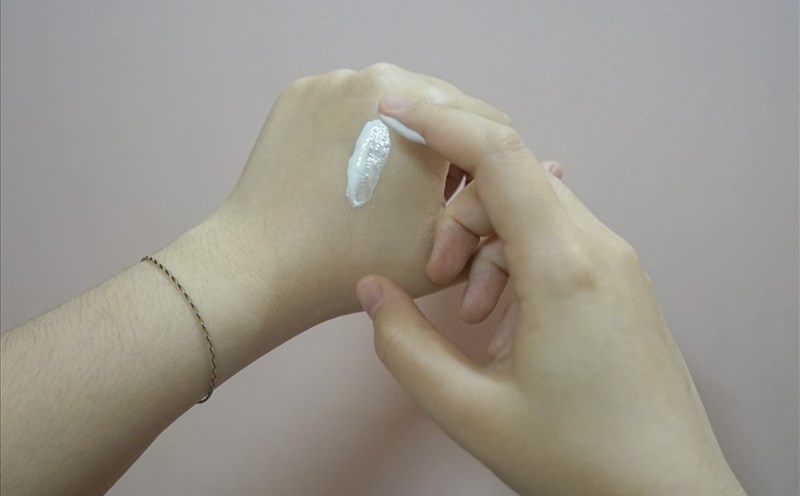Causes of peeling skin
According to Dr. Kriti Lohia, Executive Director and Consultant Dermatologist, MBBS, DDVL, DABRM, Cosmetics is defined by Cocoona Clinic in Gurgaon (India), peeling skin often appears when the skin's outermost layer, the cornea, is dry or damaged. The cause can come from cold weather, pollution, sunlight, excessive exfoliation, repeated facial washing or long-term use of strong active ingredients such as retinol, AHA, BHA.
In addition, the habit of bathing in hot water, not moisturizing regularly or being exposed to a lot of dust and smoke also causes the skin to lose water, become sensitive, red, red and flaky.
How to restore and protect the skin barrier
Simplify the skin care process: When your skin is peeling, you should reduce the number of skin care products to avoid irritation. Choose a mild cleanser, a moisturized serum containing hyaluronic acid and a creamy cream containing ceramide or glycerin to help your skin recover gradually.
Add protective barrier recovery ingredients: Ingredients such as ceramide, niacinamide, squalane and panthenol help regenerate the skin's natural lipid layer, strengthen the protective barrier and maintain moisture. Applying moisturizer twice a day will help improve dryness and peeling significantly.
Limit washing and avoiding hot water: Wash your face with moderate warm water and should only do it twice a day. Washing too much or using water too hot can remove the natural oils, causing dry and weak skin.
Moisturize your skin and the living environment: Dry air causes your skin to lose water faster. Using a humidifier in the room, combined with drinking enough 2-3 liters of water per day, helps the skin maintain better moisture and elasticity.
Protect your skin from sunlight and pollution: Even in cold weather, UV rays and dust can damage your skin. Apply an SPF sunscreen of 30 or more per morning, while using antioxidant Serums containing vitamin C or E to protect your skin from free radicals and reduce dark spots.
When to see a dermatologist?
If the peeling lasts for more than a week, accompanied by itching, burning or inflammation, it can be a sign of eczema, contact dermatitis or allergic reactions. In this case, you should see a dermatologist for advice and proper treatment.
Note
Peeling skin is not only a cosmetic problem but also a warning sign of a weakened skin barrier. Staying hydrated, taking care of your skin gently and protecting your skin from environmental factors are key to helping your skin recover quickly, becoming healthier and smoother every day.











